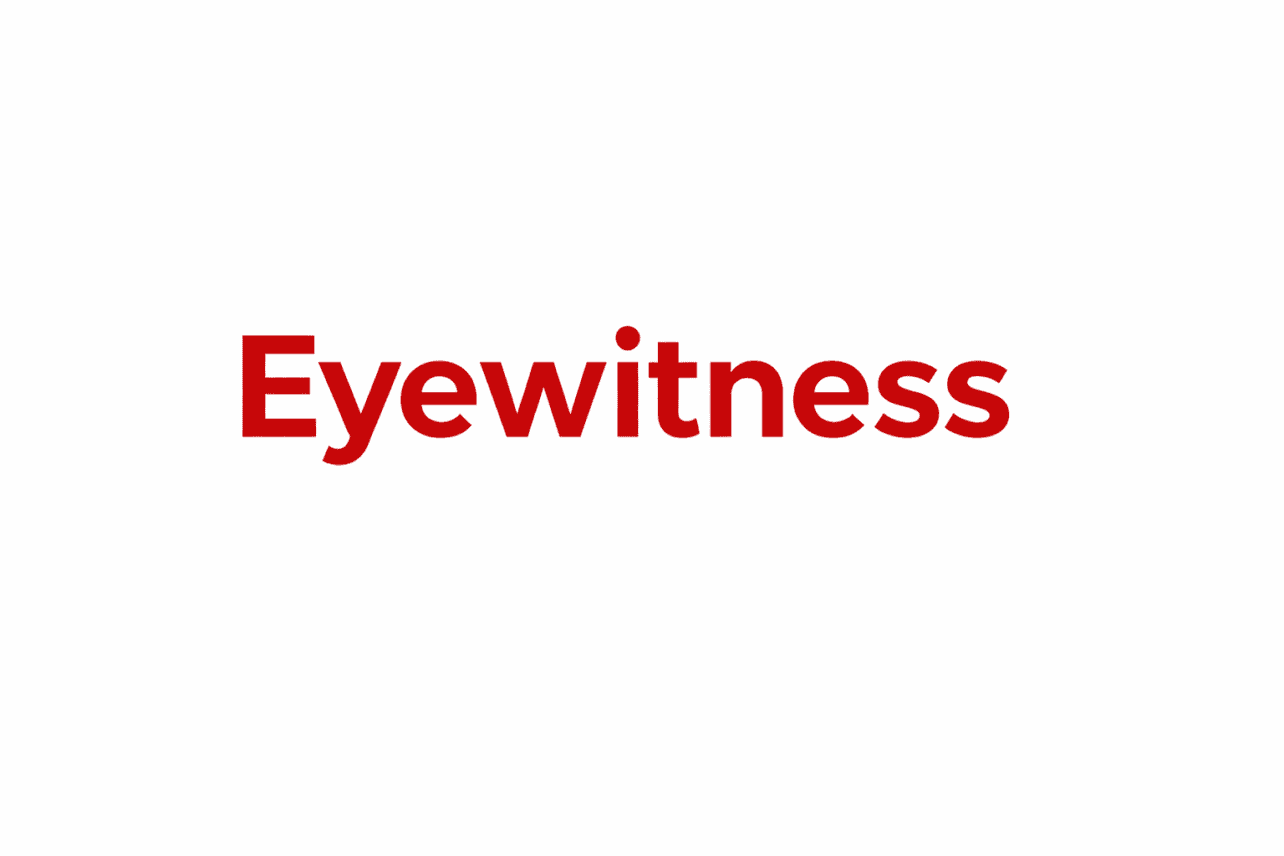The Ministry of Health has suggested the implementation of boreholes to address the rising issue of unpaid water bills. It was discovered that some hospitals have not paid water bills for over 12 months. This has resulted in a debt of Shs14.993Bn in public hospitals. Diana Atwine, the Permanent Secretary of the Ministry of Health, proposed the idea while appearing before the Health Committee in Parliament.
The committee was discussing the problem of unpaid water bills, which has led to some hospitals having their water supply disconnected due to non-payment. Johnson Amayo, the Deputy Managing Director of Technical Services, revealed that as of January 31st, 2024, Ministries, Departments, and Agencies of the Government owed a total of Shs14.993Bn in unpaid water bills. Some of these bills have been unpaid for over two years.
Atwine informed the Committee that the Ministry of Health had held several meetings with the Ministry of Finance, and they had agreed to budget for water harvesting facilities to reduce the cost of water.
However, some sections of the Water Act prohibit the construction of boreholes in urban areas due to concerns about contamination. Amayo, on the other hand, denied the existence of such a policy that prohibits the construction of boreholes in urban areas. However, he warned that such a move could lead to unmanageable cholera outbreaks in Kampala and the surrounding areas.
The National Water and Sewerage Corporation informed Parliament that some health facilities owe high amounts in unpaid water bills. Mulago National Referral Hospital owes Shs3.730Bn, Jinja Regional Referral hospital owes Shs3.656Bn, Mulago Specialized Women’s hospital owes Shs2.101Bn, and Naguru Hospital owes Shs1.480Bn. On average, hospitals have unpaid water bills for 10 months, with regional referral hospitals having debts of over 12 months. Nebbi hospital alone has unpaid water bills for 153.9 months, which is over 12 years, and the bill has accumulated to Shs788.185Mn.


